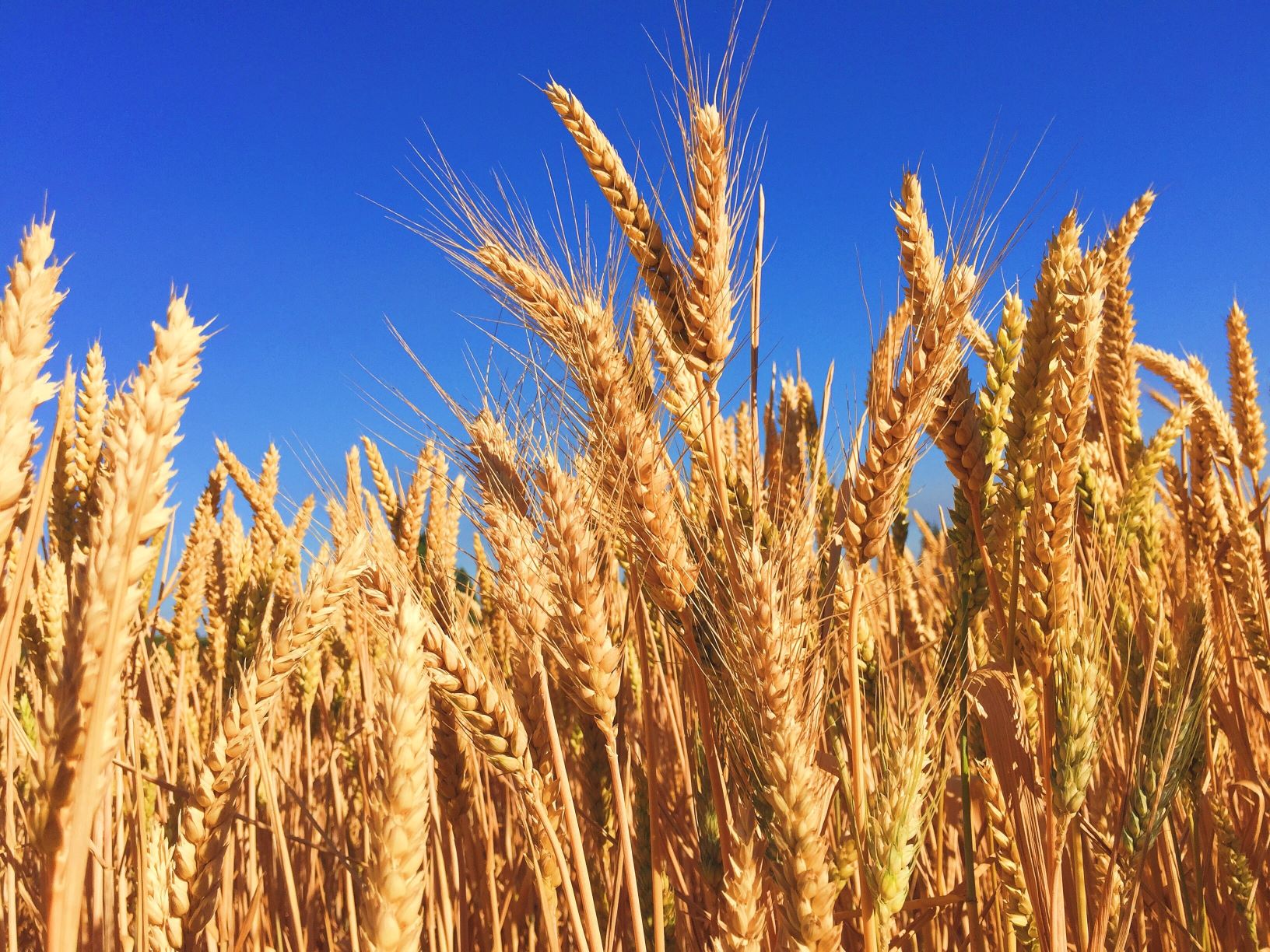What is Driving your Movement?
“All the physical movement is to give her a change so she can own the responsibility for what she wants.”
How does changing how you move affect the rest of your life? Movement is movement and the rest of your life is the rest of your life. Nothing more to see here, right?
Part of me wants to go epic and deep, to talk about the nature of matter, of our existence as movement – the vibration and movement of atoms, the space between parts of molecules, the matter of our cells. As fascinating as the nature of matter is, it failed my Mom test – the practical, simple explanation I would use to tell my Mom about this. (Thanks to Rob Fitzpatrick for the concept from his book, The Mom Test).
“All the physical movement is to give her a change so she can own the responsibility for what she wants.”
This statement came from a teacher and mentor of mine, Candy Conino, in the discussion of a client case – some of my peers and I gather once a week to discuss questions from our practice which gives us a rich learning environment to build our professional competence and confidence.
In the search for a practical, simple explanation of the what this means – “All the physical movement is to give her a change so she can own the responsibility for what she wants” – it comes down to this.
We can lose ourselves in our unconscious habits. We need our habits – try brushing your teeth with your non-dominant hand – to know how much attention this basic hygiene task takes without your habitual movement. But habits can become a trap.
One way that our unconscious habits can become mal-adaptive behaviors is when something important in our environment shifts. A partner becomes seriously ill or dies. You have a serious accident or life event that changes how you get through each day. We can do what we have always done and it doesn’t quite work anymore. Or we can change but what we do now doesn’t feel quite right and we create a story that explains what is missing now that our partner is gone or our ability to run or walk is altered. We create our story of coping. And we cope. That’s how we survive past the hard parts of life.
One kind of coping is to dive hard into an unconscious habit that feels like a save.
Let’s imagine Lidia’s journey – when Lidia’s partner dies, after an initial grieving period, one possible move is for Lidia to dive into activity – all of the classes, experiences, trips – everything that might have been on hold due to her partner’s poor health or just her unexpressed dreams for what she wanted but didn’t do. And in that flurry of activity, Lidia sustains an injury, some physical way of breaking down.
She did too much, we say, her body wasn’t able to keep up with all this intense activity. But more than volume, frequency or intensity of activity, we can also take the measure of the compulsive nature of what Lidia dives into – a way of coping that leads her away from herself.
What somatic coaching can help Lidia do is to bring her movement and her movement habits into conscious awareness so she can choose both how she moves and who she is in this new environment. Unconscious coping creates a compelling and frustrating experience – while doing it you can lose yourself in the coping activity and at some point, Lidia comes back to herself. And faces the frustration, the longing, the grief, the fear of what she is adapting to. And the limits of how she is coping. Time to dive back in.
Somatic coaching can help Lidia listen to herself, her body and how she is functioning in her environment now and know herself – not through a story of who she was or is now, or the way she is coping to save herself, but in a concrete way right now.
The practical, simple explanation I would tell my Mom is by helping Lidia become conscious of how she moves, she can choose what to do now because she can feel herself as she moves now. And her conscious choice is how she creates the person she can be, with each move, in every day.
Interested in learning more? Book a free 15 minute call with Cheryl. No sales pressure, just a caring conversation about what you are looking for and what I can offer. https://www.kindpower.ca/book/
Ready to start? Book a 45 minute somatic assessment session. Then based on what we discover together, I will make a recommendation for what can support you. https://www.kindpower.ca/book/





